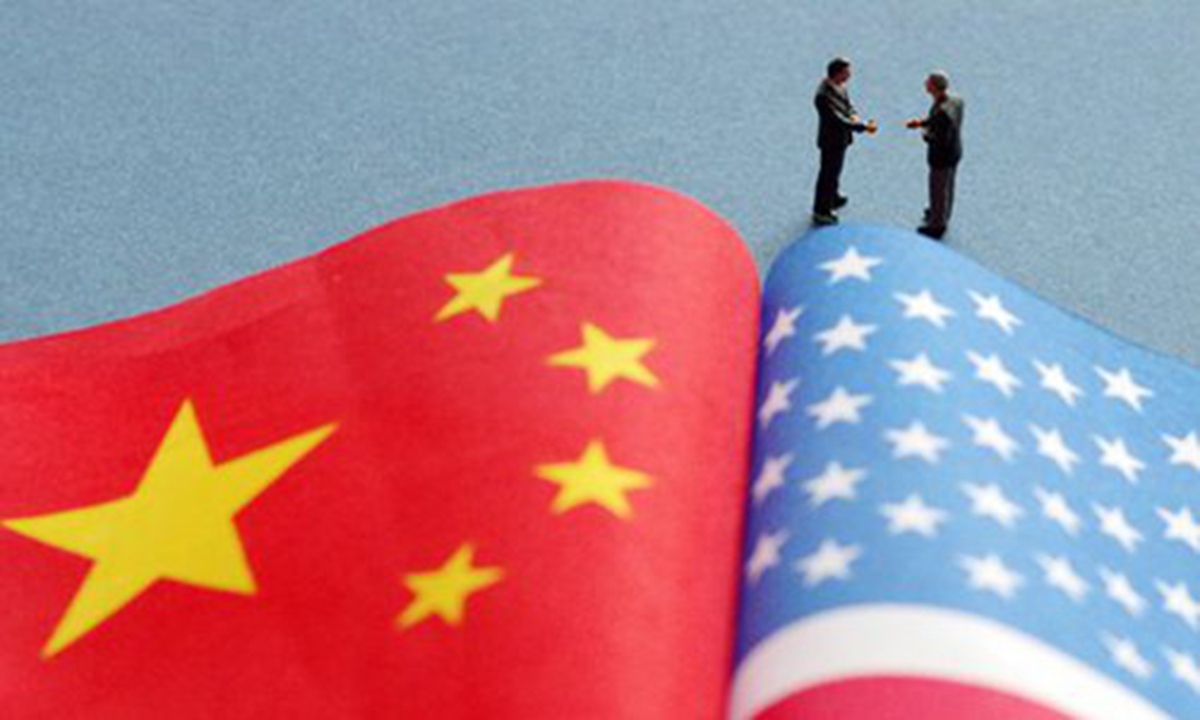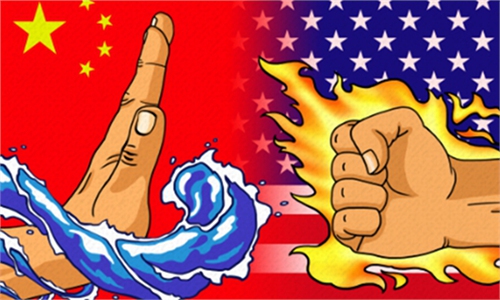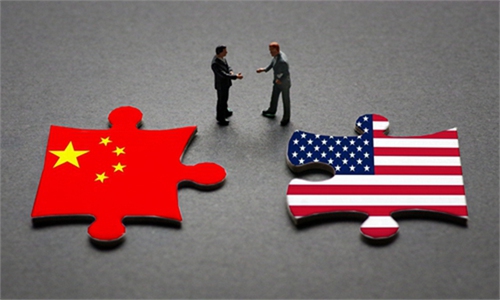
Photo: VCG
Despite the increasingly tough voices over the so-called financial decoupling between China and the US, the resumption of the China-US Financial Roundtable (CUFR) may be a sign that the idea is not popular to all.A group of Wall Street veterans and senior Chinese government officials will hold a virtual meeting of the roundtable on Thursday to strengthen communication between the two sides over issues like China's regulatory adjustment, Bloomberg reported on Tuesday, citing two anonymous sources close to the matter.
The CUFR was first convened during the escalating China-US trade tensions in 2018. So, at a time when the market is facing significant uncertainty when it comes to China-US trade and economic cooperation, the resumption of the meeting may represents some comfort for major market players, and proof that there is no shortage of rational voices on either side in support of financial cooperation.
Indeed, there are growing market concerns over whether the financial sector will become another area in the firing line within renewed China-US tensions after the technology sector was targeted by US regulators. In an opinion article published on The Wall Street Journal on Monday, Gary Gensler, chairman of the US Securities and Exchange Commission, said the agency will need to block some 270 US-listed Chinese companies from trading on American markets by early 2024 if they fail to abide by the rules to "allow their audit firms to be audited."
It is no secret that the dispute over auditing oversight for US-listed Chinese companies has been a long-running stalemate between regulators in the two countries. While the Chinese laws and regulations don't allow foreign regulators to examine the auditing records of Chinese companies on national security concerns, Chinese regulators have tried to engage in cross-border accounting and auditing cooperation with other countries to address accounting supervision issues.
Yet, as China-US relations are fraught with tensions, the accounting dispute has been amplified and exploited by some to engage in an economic confrontation with China, catering to radical voices advocating crackdown on Chinese companies by cutting them off access to financing in the US. It is worth noting, however, that Chinese companies are not the only ones benefiting from US listings, overseas listings also allow US investors to share the dividend of China's rapid economic transformation. If the US really blocked the trading of Chinese companies in pursuit of decoupling, Chinese companies would never beg for mercy, with harm done on both sides.
Against this backdrop, China will remain calm and stick to its own pace when it comes to financial market development, but that does not mean giving up on financial cooperation. If anything, the resumption of the CUFR meeting shows that it will continue to strengthen communication with reasonable actors in the US to expand the room for financial cooperation, even though they are often overshadowed by extreme voices.
No financial giants can turn a blind eye to the investment opportunities offered by China's ongoing financial opening-up. The fact that so many US financial giants are gaining growing access to the Chinese securities market is already evident enough to show that the financial ties between the two countries are stronger than expected.



